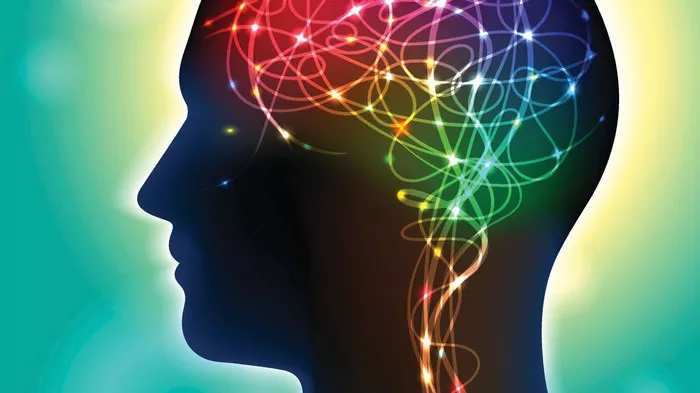Understanding Cyclothymia and Its Pharmacological Management
Cyclothymia, also known as cyclothymic disorder, is a chronic mood disorder characterized by alternating periods of hypomanic and depressive episodes. Unlike its more intense counterparts, Bipolar I and II disorders, the mood fluctuations in cyclothymia are less severe but can still significantly impact an individual’s quality of life. The subtlety of symptoms often leads to underdiagnosis or misdiagnosis, making the understanding and treatment of cyclothymia a nuanced field within psychiatric care.
The Role of Mood Stabilizers in Cyclothymic Disorder
Mood stabilizers form the cornerstone of pharmacotherapy for cyclothymia. Their primary function is to attenuate the mood swings and provide a more stable emotional baseline. Among the mood stabilizers, lamotrigine has shown promise in treating cyclothymic disorder, with patients reporting substantial improvement in mood stability without the burden of significant side effects1.
Divalproex Sodium: A Dual-Action Alternative
Divalproex sodium, another key player in the treatment of cyclothymia, offers both mood-stabilizing and anticonvulsant properties. Its efficacy in controlling hypomanic episodes makes it a valuable option for those who may not respond adequately to other treatments1.
Exploring Anticonvulsants: Oxcarbazepine and Carbamazepine
Anticonvulsants like oxcarbazepine and carbamazepine, traditionally used for seizure control, have found a place in the treatment of mood disorders due to their ability to modulate neural firing patterns. In cyclothymia, these medications can help in reducing the rapid cycling of moods and are particularly useful for individuals with a coexisting neurological condition1.
Lithium: The Classic Choice with Modern Relevance
Lithium remains a gold standard treatment for various forms of bipolar disorder, including cyclothymia. Its effectiveness in preventing both depressive and hypomanic episodes is well-documented, although its use requires careful monitoring due to potential side effects and toxicity at higher doses1.
Atypical Antipsychotics: An Adjunctive Strategy
For patients who exhibit resistance to conventional mood stabilizers or experience more pronounced symptoms, atypical antipsychotics such as olanzapine and risperidone may be considered. These medications can offer additional mood stabilization and are particularly effective when combined with other pharmacological treatments1.
Psychotherapy and Medication: A Synergistic Approach
While medication is a critical component of cyclothymia management, it is most effective when paired with psychotherapy. Cognitive-behavioral therapy (CBT), interpersonal therapy (IPT), and other forms of counseling can equip patients with the tools to manage their symptoms and improve overall functioning.
Conclusion:
In conclusion, the management of cyclothymia requires a personalized approach, with a combination of mood stabilizers, anticonvulsants, and atypical antipsychotics tailored to the individual’s specific symptom profile. Ongoing research and clinical practice continue to refine these treatment strategies, offering hope for those affected by this challenging disorder.
FAQs
What is the drug of choice for cyclothymia?
The drug of choice for cyclothymia is often mood stabilizers such as lithium or anticonvulsants like valproate. These medications help stabilize mood swings and prevent episodes of mania or depression.
What is the most effective treatment for cyclothymia?
Psychotherapy, particularly cognitive-behavioral therapy (CBT) or interpersonal therapy (IPT), is considered the most effective treatment for cyclothymia. These therapies focus on managing symptoms, improving coping strategies, and addressing interpersonal issues.
Do antidepressants help cyclothymia?
Antidepressants may be used as part of the treatment plan for cyclothymia, particularly when depressive symptoms are predominant. However, they are usually prescribed cautiously and in combination with mood stabilizers to prevent triggering manic episodes. Close monitoring is essential due to the risk of mood destabilization.
Related topics:
- Finding the Best Medication for Depression and Panic Attacks
- Depression and Insomnia: The Best Medications for Dual Challenges
- Treatment Options: What Is Prescribed for Depression


